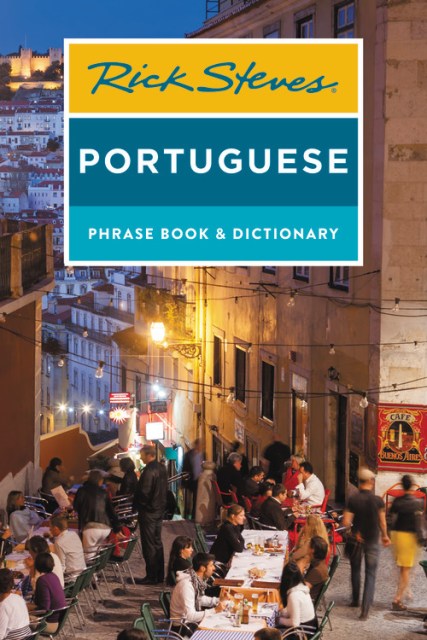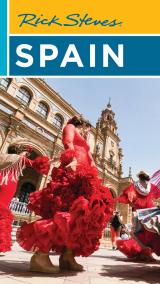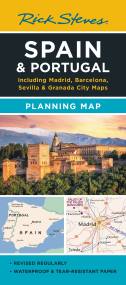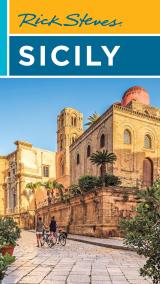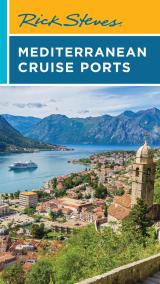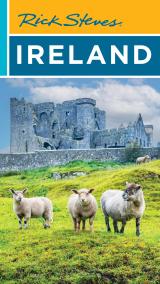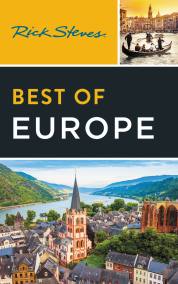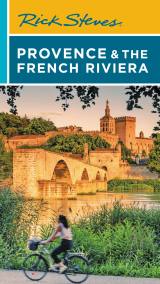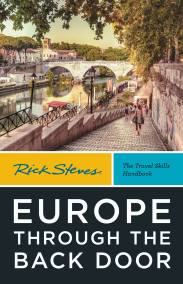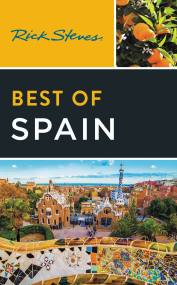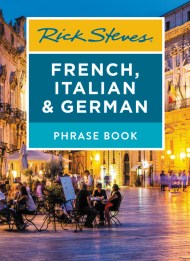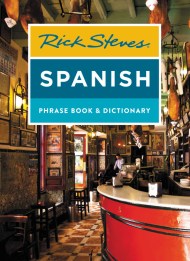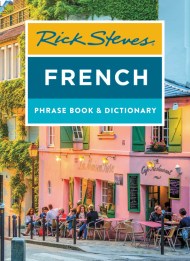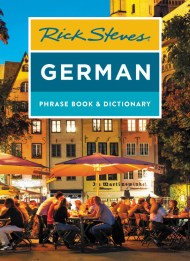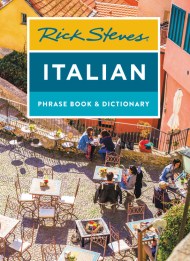By clicking “Accept,” you agree to the use of cookies and similar technologies on your device as set forth in our Cookie Policy and our Privacy Policy. Please note that certain cookies are essential for this website to function properly and do not require user consent to be deployed.
Rick Steves Portuguese Phrase Book and Dictionary
Contributors
By Rick Steves
Formats and Prices
- On Sale
- Sep 17, 2019
- Page Count
- 280 pages
- Publisher
- Rick Steves
- ISBN-13
- 9781641711975
Price
$9.99Price
$12.99 CADFormat
Format:
- Trade Paperback $9.99 $12.99 CAD
- ebook $9.99 $12.99 CAD
This item is a preorder. Your payment method will be charged immediately, and the product is expected to ship on or around September 17, 2019. This date is subject to change due to shipping delays beyond our control.
Buy from Other Retailers:
- Key phrases for use in everyday circumstances, complete with phonetic spelling
- An English-Portuguese and Portuguese-English dictionary
- Tips for small talk and local lingo with Rick’s signature sense of humor
- A tear-out cheat sheet for continued language practice as you relax on the beach (no internet connection required!)
Genre:
Series:
Newsletter Signup
By clicking ‘Sign Up,’ I acknowledge that I have read and agree to Hachette Book Group’s Privacy Policy and Terms of Use
